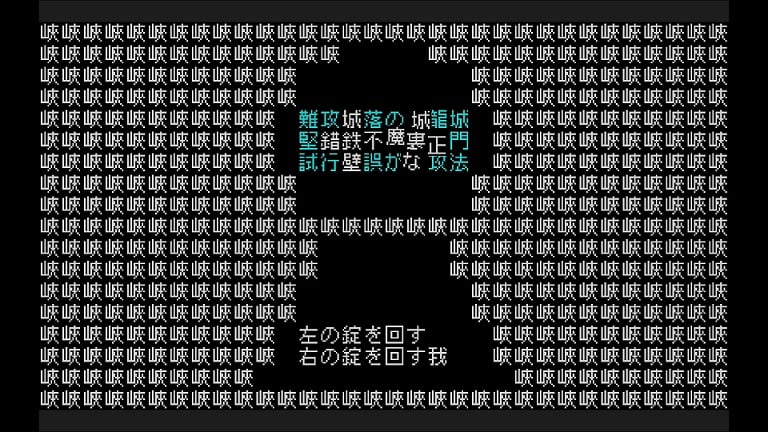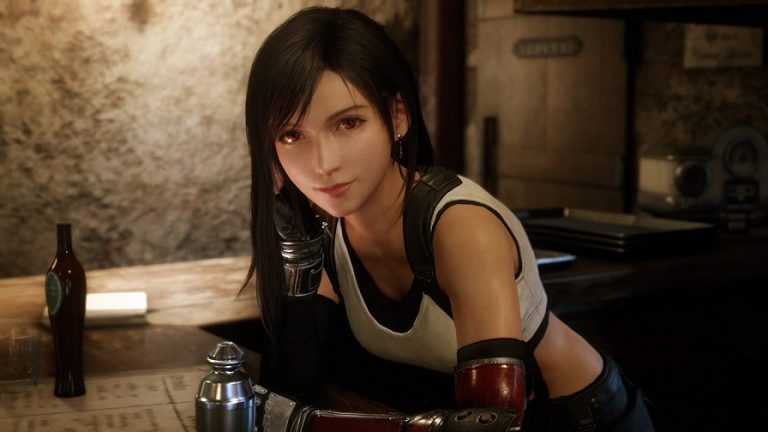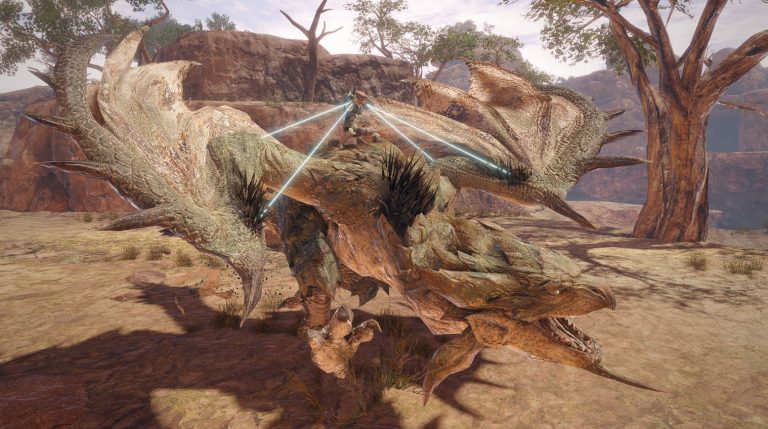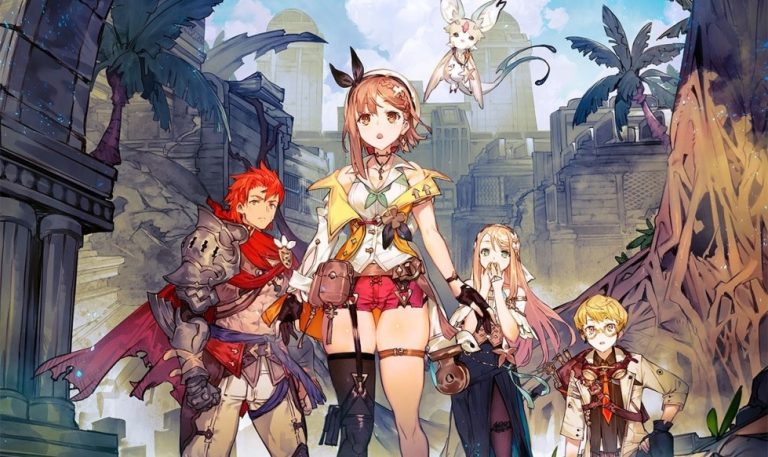After a year-long delay and a painstakingly difficult localization process, the highly acclaimed Chinese indie puzzle-adventure Word Game finally got its Japanese release on August 14 this year. Seigai Kou, a Japan-born translator of Taiwanese descent who worked on localizing titles such as Steins;Gate and Ace Attorney, talked to Denfaminicogamer about the difficulties he faced throughout the localization process of the “virtually untranslatable” Word Game.
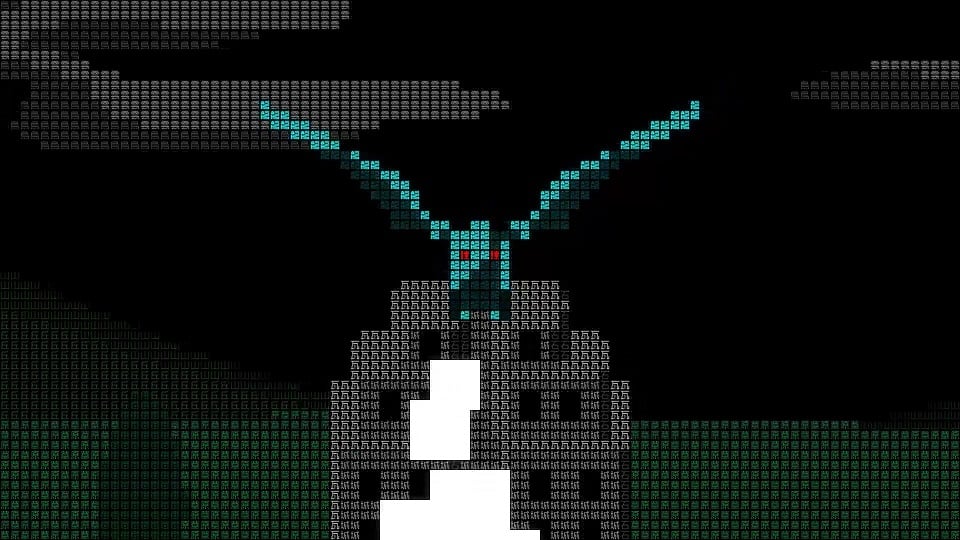
“I felt like giving up so many times. I thought to myself that it wouldn’t surprise me if the project got completely abandoned if somebody else was in charge of it,” he remarks. Kou even considered retiring from the localization business after finishing Word Game. “Ace Attorney and Steins;Gate were also quite difficult to localize, but Word Game was much more difficult. I even felt that, if I were able to complete a project this difficult, there wouldn’t be anything left for me to do in my career as a localizer.” But what is this complex Word Game whose localization process the translator himself nicknamed “Scrabble from Hell?”
Word Game was originally published by Chinese developer Team9 Games in 2022. It’s a unique take on the puzzle-adventure genre and is quite literally a “word game.” Taking on the visual identity of cult-classics like 1980s Rogue, the player character, environment, objects and enemies in Word Game are all represented by words, or rather, Hanzi (Chinese characters).
As opposed to the alphabet, where letters represent sounds, each Chinese character is a morpheme – which means each has its own meaning. The game takes full advantage of this characteristic of the Chinese script, arranging the characters into images and making them interactive. For example, a tree would be expressed with the character meaning “wood” for the trunk and a bunch of characters meaning “the living part of the tree” stacked above it to represent the treetop. The road is a literal road of characters meaning “road” – you get the drill. Additionally, the text of the story itself is interactive, e.g., you have to delete words to change the meanings of sentences, or shift their order to rewrite the story to your advantage. All of this makes Word Game very challenging – or even impossible to localize for other languages.
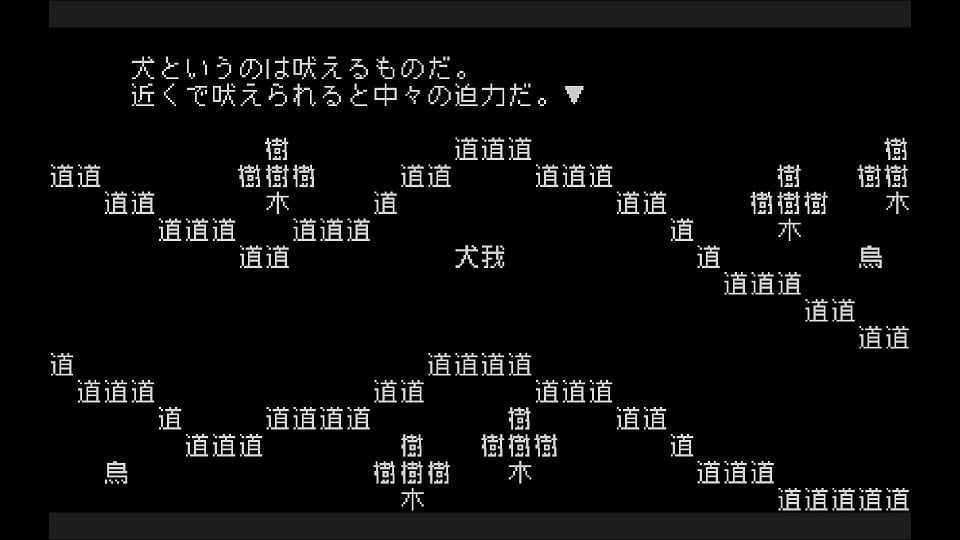
While Japanese does have its own characters – kanji, which were “borrowed” from Chinese and altered to meet the needs of the Japanese language, it also has two phonetic alphabets (hiragana and katakana) which are necessary in order to convey grammar and create proper, meaningful sentences. However, as hiragana and katakana characters aren’t morphemes, they do not hold a “meaning” on their own – just as the letter “b” doesn’t have a particular meaning in the English language. That’s precisely what made the localization of Word Game so challenging. As the game relies a lot on word-play and grammar-based puzzles – it wasn’t only necessary to translate the story as accurately as possible, but also to completely reinvent the puzzles in a way that would make sense in Japanese.
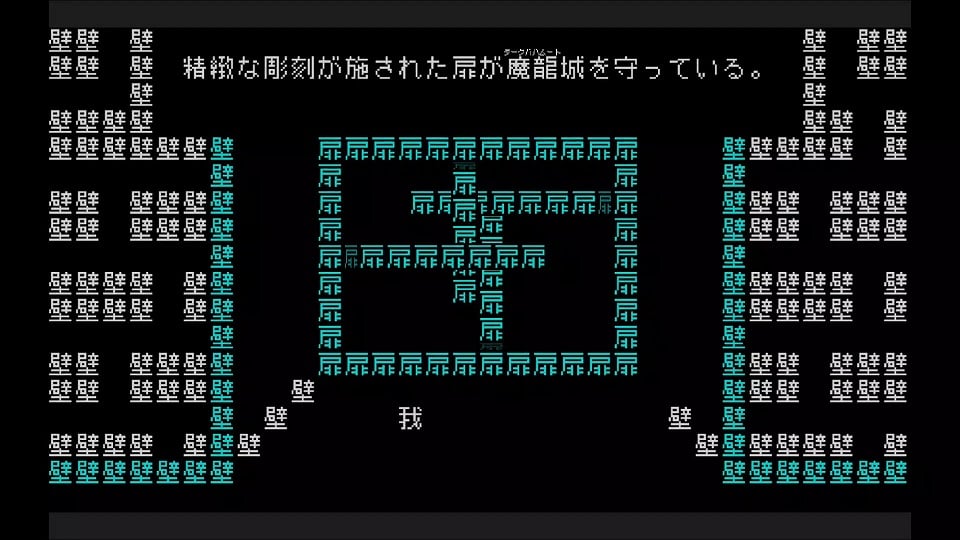
“The localization of Word Game wouldn’t work out if it was ‘just a translation.’ You have to make sentences that hold up as riddles or puzzles, but are also grammatically sound. Japanese is also quite unforgiving when it comes to having to maintain a word count [compared to Chinese].” Kou noted. For example, the Chinese “thank you” is written with only two characters (謝謝) while the Japanese requires at least five (ありがとう). As the localizer, Kou had to work his way around this, sometimes even having to recreate the puzzles from scratch to match the flow and word count of Japanese. He went back-and-forth with the developers in order to find the middle ground between the vibes of the original and the requirements of the Japanese language.
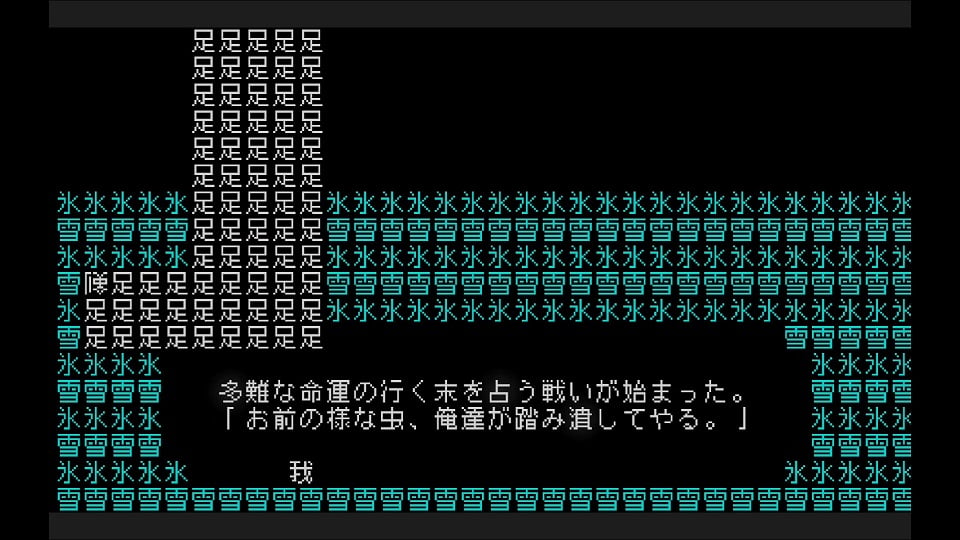
However, even getting to this stage was not easy. Apparently, due to its complexity, the game was originally “never really meant to be localized,” which is why Kou didn’t have any materials or documents that contained the game’s script or guidelines to work from. He had to painstakingly go through the process of playing through the game himself and making thousands of screenshots and notes. Kou says the documents he prepared for the translation easily exceeded 10,000 pages (including the screenshots) – and that he spent around two months just curating them and more than a whole year to prepare for the project.
Unless there is someone brave enough to take upon localizing the game for the English language, it is very likely that, for now, Word Game will only be available in Chinese (Traditional, Simplified) and Japanese. So, if you understand either of the languages, the game is available for you to play on the Nintendo Switch and Steam (Chinese ver, Japanese ver). If not, this could be a good excuse for you to pick up a book and experience the “Scrabble from Hell” for yourself.

